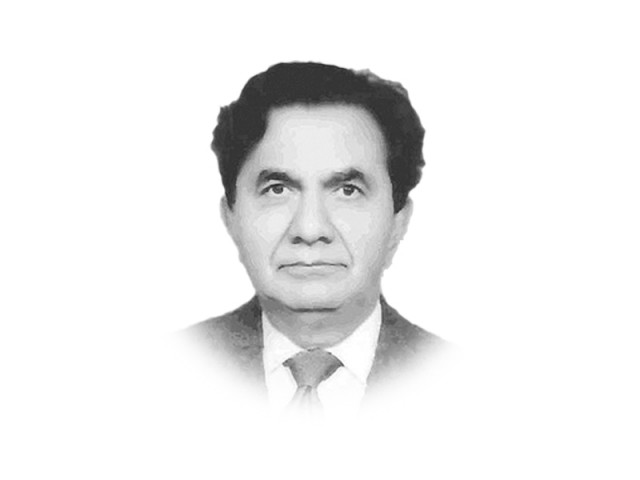Perils of privatisation
Privatisation is not being driven by national interest but by IMF to plug holes in the budget and balance of payments.

The writer is a former secretary of the Planning Commission and author of The Impact of Privatization in Pakistan
The compelling reason for privatisation is to save Rs500 billion which is being spent on subsidising the elephants of the public sector — the Steel Mills, PIA and the Railways — which are very difficult to sell.
Under the cover of these difficult-to-privatise mega public-sector losing units, the government has added 32 more units, many of which are highly profitable and some of which are not in the private sector in any country of the world. This includes the Civil Aviation Authority, the Karachi Port Trust and the National Highway Authority. In no country of the world are airports and Air Traffic Control in private hands, much less sold by auction. Management of seaports is in private hands in many developed countries but not in any developing country. National Highway Authority is a government institution for the supervision of road construction. It can be abolished but cannot be privatised.
Privatisation has a serious negative impact on employment, which is the most serious economic problem of the country. Public-sector units are overmanned and the analysis of privatisation in the last two decades shows that more than one-fourth of the labour force became redundant due to it. The new wave of privatisation will substantially increase unemployment.
The growth of any economy depends, among other things, on the level of investment. At present, Pakistan is investing only 12 per cent of its GDP, whereas the rate for India is more than 20 per cent, and for China it is more than 40 per cent. Privatisation is not investment as it does not add to the capital stock and create new jobs. Instead, it kills fresh investment because instead of pioneering new units which add to the capital, create new jobs and additional taxes for the government, the investors buying privatised units neither add to the capital stock nor create new jobs. Privatisation, therefore, deflects investors to buying old units instead of setting up new ones.
Almost all oil and gas public sector units like OGDCL, SSGPL, SNGPL and PSO, etc. are on the list. No developing country in the world associates the private sector with the oil and gas discovered with public funds. These reserves belong to the nation, which should be the sole beneficiary of these very difficult-to-discover entities. Oil and gas discovered by private parties belong to them. Privatisation Commission pundits estimate that 10 per cent shares of OGDCL will fetch $850 million. The 10 per cent profit will be about $100 million. No buyer will buy assets in strife-torn Pakistan with a payback period of eight and a half years. In the Musharraf era, a lot of units were sold to foreigners. This resulted in a surge of remittance of investment income from $2.1 billion in 1999-2000 to $5.5 billion in 2007-08.
The Council of Common Interests has decided to privatise the DISCOs as they could not collect electricity charges from the users in their areas. If the government with all its administrative and coercive machinery cannot collect electricity charges from the users, then how can a private party do it? The provincial governments very wisely refused to take on this responsibility.
Privatisation is not being driven by national interest but by the IMF to plug holes in the budget and balance of payments. Selling strategic and highly profitable units may plug holes for a year or two, but this would lead to permanent loss and foreign exchange liability till eternity. Privatisation is not the driving force in the outstanding economic performance of China, Brazil, South Korea and recently, Turkey. State capitalism is thriving in many emerging economies. This large-scale auction of public wealth should not appear to be a typical case of crony capitalism in which the ruling coterie doles out favours to their political pals.
Published in The Express Tribune, February 18th, 2014.
Like Opinion & Editorial on Facebook, follow @ETOpEd on Twitter to receive all updates on all our daily pieces.















COMMENTS
Comments are moderated and generally will be posted if they are on-topic and not abusive.
For more information, please see our Comments FAQ